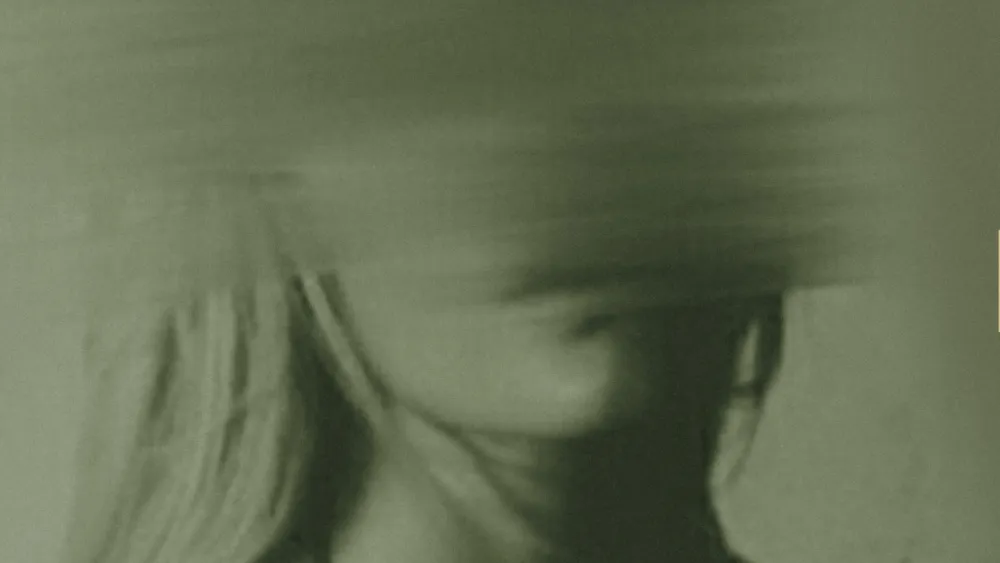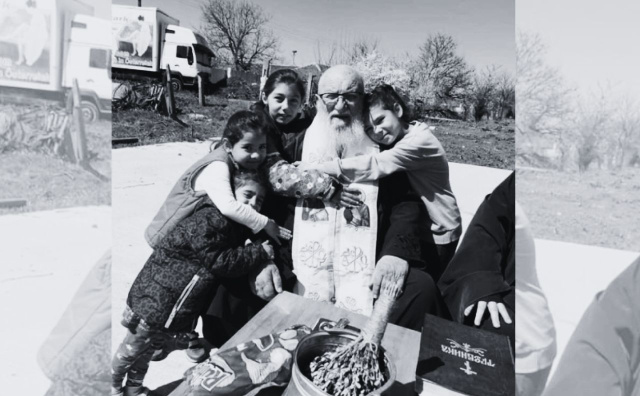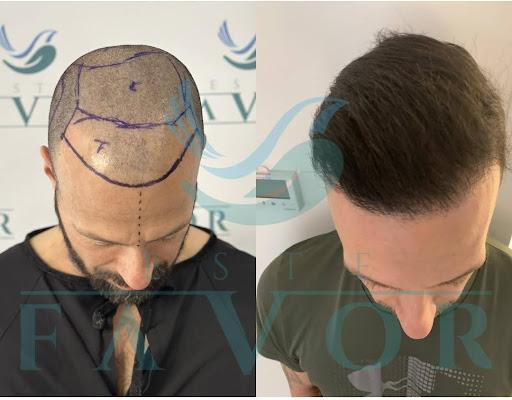
Busan International Film Festival New Currents winner Shawkat Amin Korki, who won the prize in 2009 with “Kick Off” and later returned with “Memories on Stone” and “The Exam,” brings his new drama “Disorder” to the Asian Project Market, continuing his exploration of trauma, superstition, and the struggle for social progress.
The story centers on Mina, a 35-year-old psychiatrist trained in Germany who returns to Kurdistan to work at a mental health clinic treating survivors of war, including Yazidi women once held captive by ISIS. When one of her patients dies by suicide after turning to a popular faith healer, Mina is scapegoated, triggering a lawsuit and public backlash. Her investigation into the healer, Sheikh Mossadegh, thrusts her into a battle against entrenched superstition and religious exploitation, even as her own community pulls away.
“The idea for the film comes from my own observations of a society where fear, superstition, and social pressure often replace science and awareness,” Korki tells Variety. “Real mental health professionals are often silenced or pushed aside. I want to tell a story that reveals this double-layered crisis – inside the individual and within the fabric of society.”
Korki adds that “Disorder” reflects both personal and collective scars. “Mina represents a generation that carries the weight of the past yet strives to build a different future. One of the deepest wounds still haunting the region is the tragedy of the Yazidi women who were abducted and enslaved by ISIS. That trauma remains unresolved and casts a long shadow – something this film also tries to explore.
Produced by Mehmet Aktaş of Berlin’s Mitosfilm and Shohreh Golparian, alongside Korki himself, the project is structured as an Iraq–Germany–France co-production. Aktaş, who has collaborated with Korki for 15 years, explains that the production combines local authenticity with international standards. “Since the film industry in the Kurdistan Region is still emerging, we plan to strengthen the project by bringing key department heads from Germany, with post-production also carried out in Germany. This structure allows us to combine authentic storytelling from Kurdistan with international visibility.”
Golparian added, “The urgency is growing as mental health challenges and social divisions mutually amplify each other. War, displacement, and loss create widespread trauma, often affecting multiple generations. I realize the story of ‘Disorder’ speaks to the importance of moving from awareness to action.”
Visually, Korki says he aims to emphasize the contrasts that define Kurdistan today. “The film contrasts two distinct worlds: the warm, emotional atmosphere of traditional Kurdish life, and the cold, sterile environment of modern psychiatry. This reflects Mina’s inner conflict and the divided world she’s caught between.”
Looking ahead, the filmmakers hope the project finds partners at Busan. “Our goal at APM is to find creative and financing partners who believe in socially relevant, human-centered stories from underrepresented regions,” Korki says. “‘Disorder’ is a local story with global resonance – addressing mental health, tradition, and the struggle for change.”
Production is scheduled to begin in 2026 in the Kurdistan Region of Iraq.



